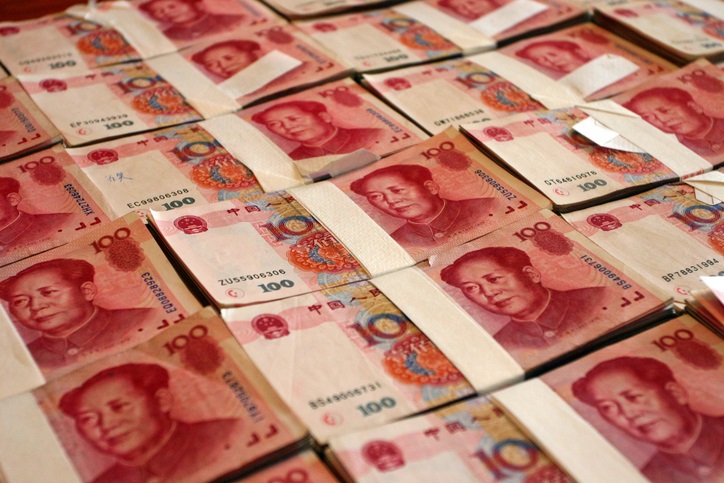At the end of 2015, the total AUM of wealth management products offered to China investors was RMB23.5trn (£2.5trn, $3.6trn, €3.2trn), Leung said, citing a study by BCG.
“The figure represents 56% growth over 2014 and at the same time, asset allocation is getting to be a higher priority,” Leung said.
The majority of mainland investors have put money into money market, bank deposits and local non-standardised debt products (fixed income products issued by domestic banks).
Big shift
But according to Leung, investor preferences are undergoing a big shift. Citing the survey, he said that equities were now preferred by 65% of Chinese investors, followed by fixed income at 61%, savings (56%), trust 42%, insurance 36%.
“There is more interest in equity funds and fixed income due to credit risk,” Leung told International Adviser’s sister publication Fund Selector Asia.
“Equities, which could be mutual funds, single equities and ETFs, moved to the top choice for investors [in the survey]. The trend is getting more attention as savings continue to slide.
“At the same time, Chinese investors are also looking for some diversification through offshore products. Exposure can be through programmes such as the QDLP or the Mutual Recognition of Funds.”
Surprise adjustment
The trigger for the change in appetite came on 11 August, when a surprise adjustment of the RMB-US dollar exchange rate sent global markets tumbling. Leung said that since then, the bank began seeing increased demand for investor portfolio diversification and global asset allocation needs.
This year will look quite different than last year in terms of product type, and in terms of global asset allocation, he added.
Leung’s views echo that of Chinese asset manager GFI, which also believes that mainland investors, after the August market rout, are searching for more offshore products that will diversify their portfolio.
Standard Chartered has about 100 products on its platform that it offers to Chinese investors, Leung said.
The bank’s China wealth management business has been growing, he said, but he declined to disclose any figures.
Local partnership
Last September, Standard Chartered inked a partnership with Shanghai-based asset manager China International Fund Management. Leung said CIFM shares their research on the local capital market, which adds the bank’s house view for research reports or client advice.
The bank also distributes the CIFM (HK) RMB Diversified Income Fund and plans to work with the firm as it launches southbound funds through the Mutual Recognition of Funds initiative, he said.
UBS and Credit Suisse among the competing foreign private banks building a presence in China. Leung admitted more foreign banks are coming in, but he believes the competitors will help with local investor education efforts.
A big challenge for a foreign bank in China is getting its message into the market, Leung said. Recognition of bank brand names and capabilities may be strong in Europe or the US, but in China they are relatively unknown.
“As a foreign bank we didn’t have a large base at the start, and we need to promote our proposition more to let our prospects know we are able to fulfill their needs, especially in terms of global allocation.”








